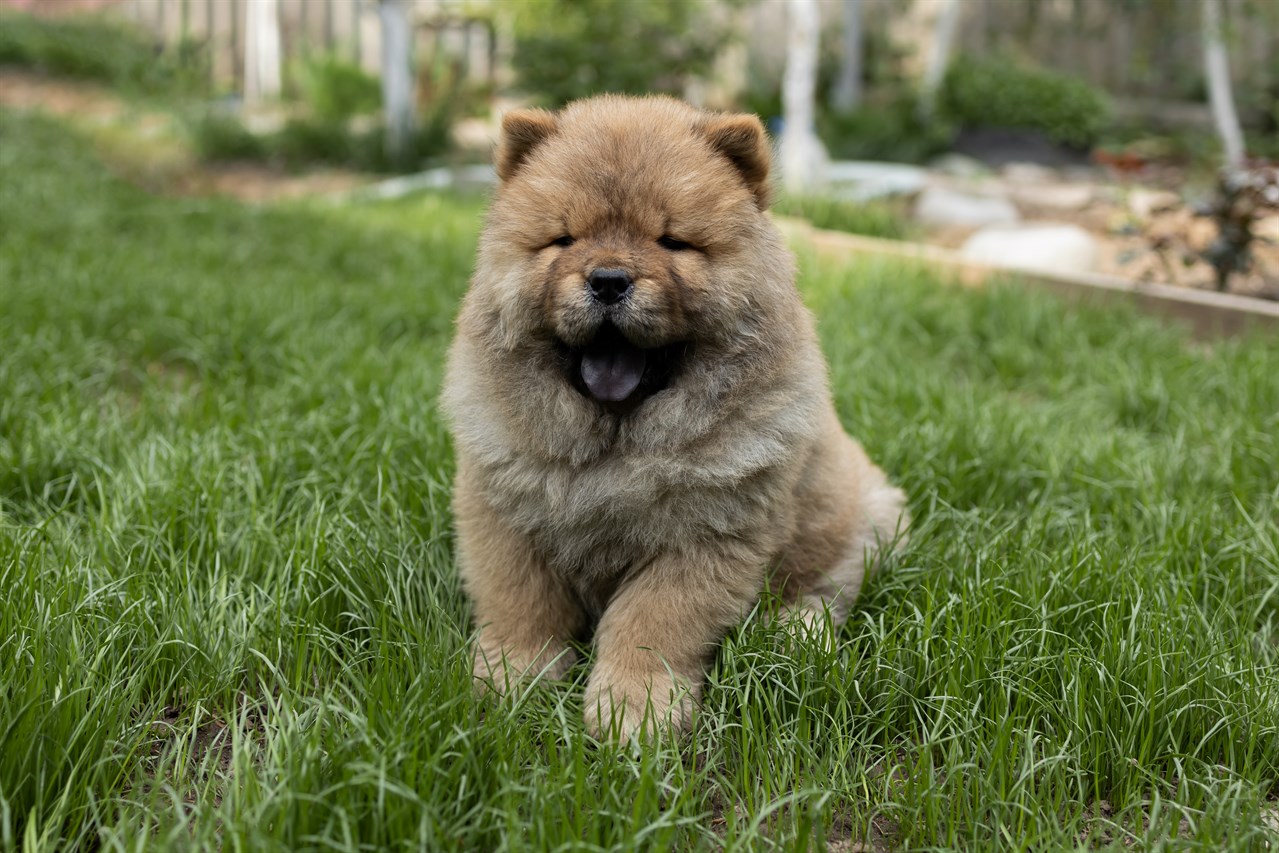Feeding Habits and Food Requirements of Chow Chows

Proper nutrition is essential to keep your Chow Chow healthy and happy. Understanding their feeding habits and food requirements is crucial for providing them with the best diet.
Dietary Needs
Chow Chows have specific dietary needs based on their size, age, activity level, and overall health. Here are some important factors to consider:
- Age: Puppies, adults, and seniors have different nutritional requirements. Ensure you choose a dog food formulated for your Chow Chow's life stage.
- Protein: Chow Chows require a balanced diet with adequate protein for muscle maintenance and growth. Look for high-quality dog food that lists meat as the primary ingredient.
- Fat: Healthy fats are essential for your Chow Chow's coat and overall health. Opt for foods with moderate fat content.
- Carbohydrates: While dogs don't require carbohydrates in large quantities, they can provide energy. Look for dog food that includes complex carbohydrates, such as rice or sweet potatoes.
- Fibre: Adequate fibre aids in digestion. Ingredients like vegetables and grains can contribute to a balanced fibre intake.
- Avoid Fillers: Avoid dog foods with excessive fillers like corn, wheat, or soy, as these ingredients may not provide the best nutrition for your Chow Chow.
- Allergies and Sensitivities: Some Chow Chows may have food allergies or sensitivities. If your dog experiences skin issues, digestive problems, or other health concerns, consult your veterinarian for guidance on a suitable diet.
Feeding Habits
Chow Chows typically have specific feeding habits and behaviours:
- Food Guarding: Chow Chows have a protective nature, and some may exhibit food guarding behaviour. It's essential to socialise them well with other dogs and humans to minimise food-related aggression.
- Meal Times: Establish regular feeding times to help your Chow Chow maintain a consistent routine. Avoid leaving food out all day, as this can lead to overeating and obesity.
- Slow Feeding: Some Chow Chows may eat quickly, which can lead to digestive issues like bloating. Consider using slow-feed bowls or puzzle feeders to encourage them to eat at a slower pace.
- Water Availability: Always provide fresh water for your Chow Chow, especially during meal times. Proper hydration is essential for digestion and overall health.
- Treats and Snacks: Limit treats and snacks to prevent excessive calorie intake. Choose healthy, dog-friendly treats and use them sparingly during training or as rewards.
Weight Management
Chow Chows are prone to obesity, so it's crucial to monitor their weight closely. Obesity can lead to various health problems, including joint issues and heart disease. Consult with your veterinarian to determine the appropriate portion sizes and feeding schedule to maintain a healthy weight for your Chow Chow.
Consult Your Veterinarian
The specific dietary requirements of your Chow Chow may vary based on their individual needs and health conditions. Consult with your veterinarian to develop a personalised feeding plan that meets your dog's unique requirements and ensures their long-term health and well-being. Regular check-ups with your vet will also help you monitor your Chow Chow's weight and overall health.
Chow Chow puppies for sale
- Find Chow Chow puppies for sale in ACT
- Find Chow Chow puppies for sale in NSW
- Find Chow Chow puppies for sale in NT
- Find Chow Chow puppies for sale in QLD
- Find Chow Chow puppies for sale in SA
- Find Chow Chow puppies for sale in TAS
- Find Chow Chow puppies for sale in VIC
- Find Chow Chow puppies for sale in WA